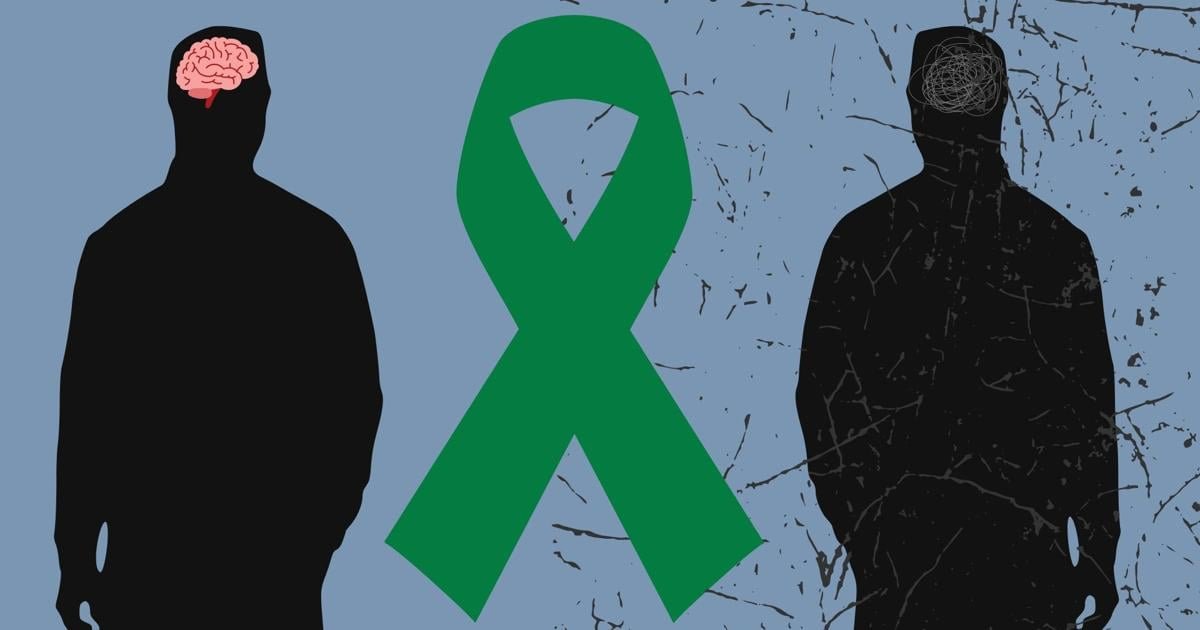Penn State Counseling and Psychological Services not only offers men’s mental health support, but also connection.
John Mitchell, assessment coordinator for CAPS and co-therapist for the “Men, Talking” therapy group, said the group does a lot to break down the stigma surrounding men’s mental health.
The therapy group, which meets every Tuesday from 1:00pm to 2:30pm in the Student Health Center, provides a space for male undergraduate and graduate students to share their feelings and experiences.
“We’re getting (men) to talk more about things they might not want to talk about outside of a group setting,” Mitchell said.
Mitchell said the therapy groups address emotions, personal struggles, depression, anxiety, substance abuse and trauma, focusing on masculinity and the challenges and growth that come with it.
Eric Smith, a postdoctoral researcher and second co-therapist with Men, Talking, said the therapy group challenges stigmas about men’s mental health that persist today.
“We’re inundated with harmful cultural ideas about masculinity and encouraging stoicism and not showing emotion,” Smith said.
One of the ways “Men, Talking” combats that, Smith said, is through individual efforts by he and Mitchell to gently challenge those beliefs as they work with clients.
Smith said the group aspect of the therapy is powerful because it provides a space for men to talk about their experiences together.
“A group of guys practicing sharing and being vulnerable,” Smith said. “I think that’s transformative.”
Baron Rogers, CAPS coordinator of Black and African American Student Services, said CAPS’ efforts also include providing support to students experiencing mental distress.

Wednesday, Feb. 1, 2023, at the Student Health Center at Penn State University in State College, Pennsylvania.
Rogers said thousands of students are contacted throughout the year about various programs and initiatives.
Rogers works specifically with students of color and African-American students to address the stigma that comes with asking for help and figuring out gender identity.
“Men tend to express distress through outward behavior, while women tend to turn inward,” Rogers says. “Cisgender men may seek more aggressive or controlling ways to deal with depression, sadness, or blues.”
Rogers said many men are not allowed to express distress due to cultural expectations of gendered norms, but CAPS shows men how other ways of expressing emotions can be more beneficial.
With Men’s Mental Health Awareness Month just concluding in June, Mitchell, Smith and Rogers believe there is a need to raise awareness about the issue.
“When you look at the studies on deaths of despair, it’s about 75 percent more common in men than in women,” Mitchell said. “Deaths of despair are deaths that are suicide or related to alcohol abuse or drug overdose.”
Mitchell said it’s still difficult to talk about masculinity in this day and age.
“There’s a lack of public discussion about masculinity, and unfortunately what’s been filled by that void tends to be an alt-right perspective on what it means to be a man these days,” Mitchell said. “It’s really hard for young boys and men to understand what it means to be a man in today’s society.”
Rogers said the stigma around seeking help can lead to a lot of concerns when mental health is neglected.
Rogers said that while men are less likely to attempt suicide, they are much more likely to complete it because they are more aggressive in their attempts.
“Appearing weak or unable to cope with your mental state can have dire consequences,” Rogers said.
In Men Talking groups, participants often say they want to solve their problems, Smith says. But when it comes to anxiety, depression and mental health issues, this can be counterproductive and lead to a vicious cycle of feeling like nothing is going right and questioning one’s masculinity.
“Recognizing that emotion is really important and can counteract what makes men feel lonely,” Smith said.

The Counseling and Psychological Services Center is located on the fifth floor of the Student Health Center.
Rogers said CAPS is not limited to that when it comes to seeking help and support, and neither should students be. Finding groups and connections within churches, fraternities and the community are historically ways men have found other levels of support, he said.
“We ask men not only to seek therapy as the only way to get support, but also to recognize when they’re not feeling well,” Rogers says. “Taking responsibility also involves taking responsibility for your own health, happiness and mental health.”
Mitchell echoed similar sentiments, saying CAPS is not a silver bullet for addressing mental health issues.
“We can be part of the answer, but boys and young men need connection and community,” Mitchell said. “If they’re struggling and experiencing mental health symptoms, it’s really important that they find connection in any way they can.”
Smith added that men do not have to suffer alone and should recognise their common humanity and the hardships everyone faces.
“Working through it with support is so important for healing and growth,” Smith said.
More news content
Editor’s note: If you or someone you know is in need of emergency assistance, please contact the Penn State Cricket Center.

